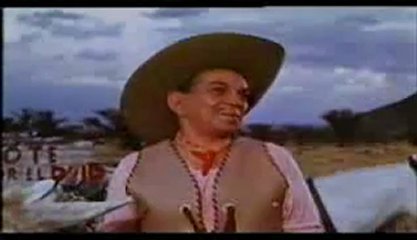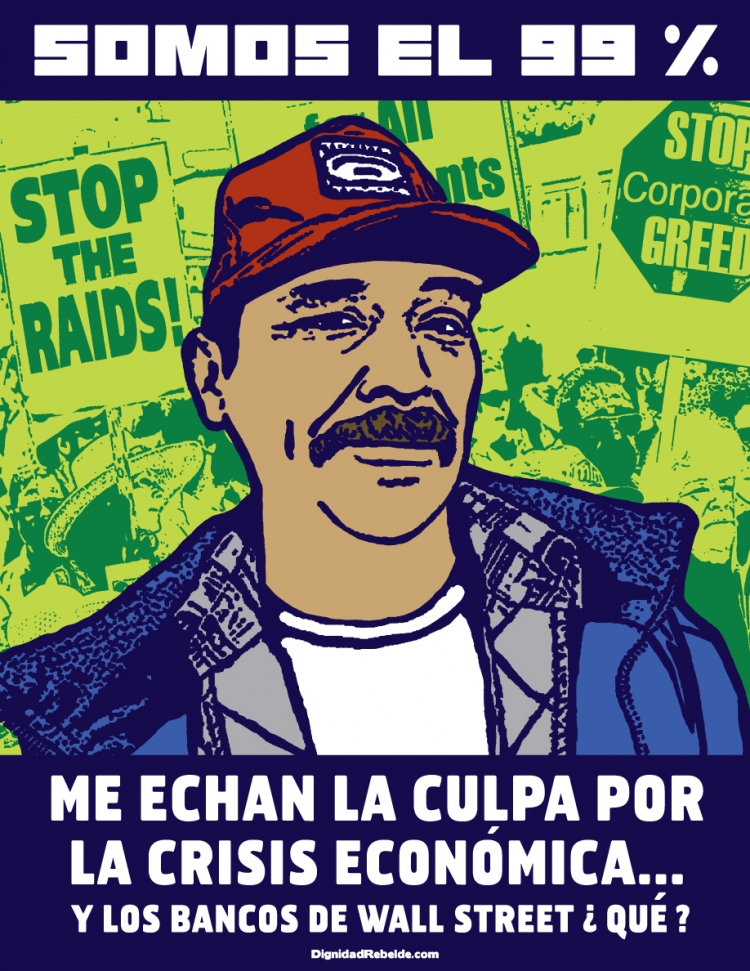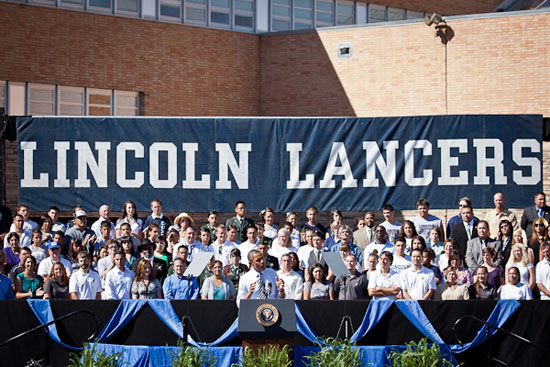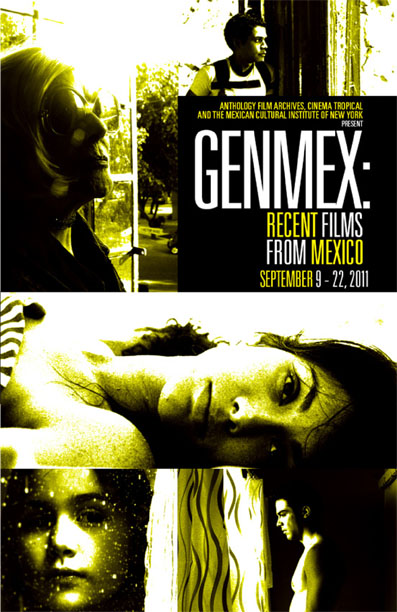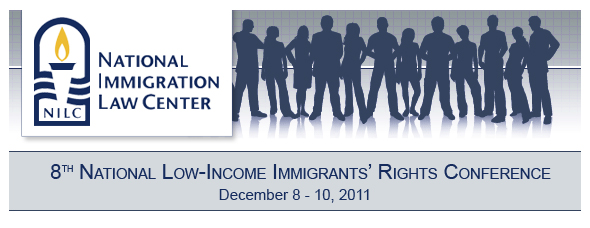(English → Français) View originalTranslators:
Read this important post from the President and General Counsel of LatinoJustice PRLDEF, Juan Cartagena. sjvxlk4fo5ijlu3m10nu3g0ur3uodqf3
Follow LatinoJustice and Juan Cartagena on Twitter. 7nfkrlsevuug4q0jiq823crml35h0yx9
On March 18, the U.S. Supreme Court will hear arguments on whether Arizona’s incessant drive to suppress its Latino population can make it impossible for newly naturalized citizens to register to vote by mail. The case is Arizona v. The Inter-Tribal Council of Arizona, Inc. and it represents Arizona’s attempt to thwart the will of Congress when it established national norms for voter registration in federal elections with the National Voter Registration Act of 1995.8y1ysn768bfkn2d6rcekxjuo2ous275s
The NVRA established for the first time in history a government obligation to register voters by requiring agency-based registration. While simplified to its common name, the Motor Voter law because it includes motor vehicle agencies, the NVRA is unique in that it also requires the government to affirmatively register low-income voters who apply for traditional welfare, food stamp and Medicaid benefits. wk7ygheardkth23f2x903eu5a6vl1eyaIn New York the state law implementing the NVRA also includes unemployment insurance agencies, for example.uc4eaupwqj7pa1l5jl6rt8tairjjv89q
Finally, it completely changed the landscape on street voter registration by requiring all states to accept mail-in voter registration forms for federal elections, which in turn, was applied to registration for all elections. This also was a significant reform in states that previously required street registration campaigns to be attended by official state registrars, and on limited hours.7nkmv718m2ko4kjni4717euodc94nzat
The case before the Supreme Court this week goes beyond the intricacies of voter registration in many ways. Arizona’s clear and repeated attempts to suppress Latino communities is evident in this case when it included limitations on mail-in voter registration for newly naturalized citizens as part of its notorious anti-immigrant (read: anti-Latino) law, SB1070.8o12ue9qybzt37wl7908vzup67bp8seq
Contrary to the streamlined federal requirements of the NVRA, Arizona now requires newly naturalized citizens (the far bulk of them in Arizona, Latino) to attach documentation of “proof of citizenship” to their registration forms, including in some counties copies of their naturalization papers. Put aside that it’s a federal crime to photocopy your naturalization papers, the law in Arizona engendered much confusion, again, I submit, by design. tyikdvs58p7g5369z52olqb09wt4x0jnAnd its aim was clear: Arizona has effectively removed mail-in voter registration for newly naturalized citizens, and in doing so, removes a weapon Latinos have to vote out those representatives who passed SB1070 in the first place.r1lujd9iqhdd6m92667203wjt68rmd04
By attacking Congress’ will as expressed in the NVRA, Arizona also retards the country’s halting attempts to increase its international position as a leader in democracy. The NVRA finally places the U.S. on par with many Western democracies, such as our northern neighbor, Canada, by affirmatively requiring the government to encourage political participation by affirmatively offering to register voters. qxuixcfz0yql1ef069lf4vssjwzbenmaBefore the NVRA, citizens had to “earn” their right to vote by hurdling unnecessary State barriers to voter registration. While the NVRA has definitely helped, America’s worldwide standing among democracies for both voter registration and turnout is still embarrassing.dwj3ipdohq6ukloaud9lb9v12jirkjb7
For all of us who remember tuning to our televisions in 2000 to await the results of the election between George Bush and Al Gore we were all treated to a lesson in the intricacies of Florida election law. Why, it was reasonable to ask, did a national election turn on the nuances of a state election code?6kxm6vc2kyi2l4tu7oosbi17jk3nx882
The answer is simple: Unbelievably, we still have no national norm for voting in federal elections. The mantra of “states’ rights” which perpetuated slavery as an economic engine for the country, then perpetuated Jim Crow laws after Reconstruction, and now preserves the outrageously discriminatory Electoral College system, is alive and well when it comes to voter registration. o4fjpevjlywpq82wz1imlkz0kq91zm8oThis explains the entrenched conservative resistance to the passage of the NVRA in the Clinton administration, and to its implementation thereafter.ioh6ik41s6w9t7cdqn6qu424rcoyvqyh
Instead, we need the NVRA, and more legislation like it, exactly because it stops States from imposing politically-motivated legislation to suppress the vote of emerging communities in the country, like Latino neighborhoods. Until our government, at all levels, starts to look like the people who are governed, we will always need national, federal norms for registering, casting, and counting the vote.4ccx1owkgh7pixh10fidm1mzdt8xpn8c
The stakes before the Supreme Court are high. There is no doubt that the Latino community will be better off with increased access to voter registration. Similarly, there’s no doubt that the lines of persons awaiting naturalization now, and those who are eligible once they apply, are decidedly Latino. If Arizona wins this case it will create a serious impediment to registering newly naturalized citizens — and, no surprise here, an impediment for Latinos in particular. bj4pet2pebinxauunotlccfxv847igj0This is what Arizona is seeking to do when it incorporated this state law in SB1070. Arizona, and reactionary States like it, must be stopped.z6nig36smy6bf6tru621rf703tmvbutg
One Supreme Court term, two significant voting rights cases, especially for Latinos. The stakes for Latinos in both cases are huge. Section 5 of the Voting Rights Act, at issue in the Shelby County v. Holder case argued last month, covers jurisdictions in the top four Latino states in the country: California, Texas, New York and Florida. If those protections fail, Latino voting strength is imperiled. o3wqq5h7riw2baqrnudp3b0scwqtc3dtSimilarly, given what we know about Arizona’s record on respecting Latino civil rights, if it succeeds in impeding the registration of naturalized citizens, Latino voting strength will also be imperiled, nationwide.3bi14p83o5wyf7dgzplphak7trs0xoa7
(original) View Français translation
Read this important post from the President and General Counsel of LatinoJustice PRLDEF, Juan Cartagena.
Follow LatinoJustice and Juan Cartagena on Twitter.
On March 18, the U.S. Supreme Court will hear arguments on whether Arizona’s incessant drive to suppress its Latino population can make it impossible for newly naturalized citizens to register to vote by mail. The case is Arizona v. The Inter-Tribal Council of Arizona, Inc. and it represents Arizona’s attempt to thwart the will of Congress when it established national norms for voter registration in federal elections with the National Voter Registration Act of 1995.
The NVRA established for the first time in history a government obligation to register voters by requiring agency-based registration. While simplified to its common name, the Motor Voter law because it includes motor vehicle agencies, the NVRA is unique in that it also requires the government to affirmatively register low-income voters who apply for traditional welfare, food stamp and Medicaid benefits. In New York the state law implementing the NVRA also includes unemployment insurance agencies, for example.
Finally, it completely changed the landscape on street voter registration by requiring all states to accept mail-in voter registration forms for federal elections, which in turn, was applied to registration for all elections. This also was a significant reform in states that previously required street registration campaigns to be attended by official state registrars, and on limited hours.
The case before the Supreme Court this week goes beyond the intricacies of voter registration in many ways. Arizona’s clear and repeated attempts to suppress Latino communities is evident in this case when it included limitations on mail-in voter registration for newly naturalized citizens as part of its notorious anti-immigrant (read: anti-Latino) law, SB1070.
Contrary to the streamlined federal requirements of the NVRA, Arizona now requires newly naturalized citizens (the far bulk of them in Arizona, Latino) to attach documentation of “proof of citizenship” to their registration forms, including in some counties copies of their naturalization papers. Put aside that it’s a federal crime to photocopy your naturalization papers, the law in Arizona engendered much confusion, again, I submit, by design. And its aim was clear: Arizona has effectively removed mail-in voter registration for newly naturalized citizens, and in doing so, removes a weapon Latinos have to vote out those representatives who passed SB1070 in the first place.
By attacking Congress’ will as expressed in the NVRA, Arizona also retards the country’s halting attempts to increase its international position as a leader in democracy. The NVRA finally places the U.S. on par with many Western democracies, such as our northern neighbor, Canada, by affirmatively requiring the government to encourage political participation by affirmatively offering to register voters. Before the NVRA, citizens had to “earn” their right to vote by hurdling unnecessary State barriers to voter registration. While the NVRA has definitely helped, America’s worldwide standing among democracies for both voter registration and turnout is still embarrassing.
For all of us who remember tuning to our televisions in 2000 to await the results of the election between George Bush and Al Gore we were all treated to a lesson in the intricacies of Florida election law. Why, it was reasonable to ask, did a national election turn on the nuances of a state election code?
The answer is simple: Unbelievably, we still have no national norm for voting in federal elections. The mantra of “states’ rights” which perpetuated slavery as an economic engine for the country, then perpetuated Jim Crow laws after Reconstruction, and now preserves the outrageously discriminatory Electoral College system, is alive and well when it comes to voter registration. This explains the entrenched conservative resistance to the passage of the NVRA in the Clinton administration, and to its implementation thereafter.
Instead, we need the NVRA, and more legislation like it, exactly because it stops States from imposing politically-motivated legislation to suppress the vote of emerging communities in the country, like Latino neighborhoods. Until our government, at all levels, starts to look like the people who are governed, we will always need national, federal norms for registering, casting, and counting the vote.
The stakes before the Supreme Court are high. There is no doubt that the Latino community will be better off with increased access to voter registration. Similarly, there’s no doubt that the lines of persons awaiting naturalization now, and those who are eligible once they apply, are decidedly Latino. If Arizona wins this case it will create a serious impediment to registering newly naturalized citizens — and, no surprise here, an impediment for Latinos in particular. This is what Arizona is seeking to do when it incorporated this state law in SB1070. Arizona, and reactionary States like it, must be stopped.
One Supreme Court term, two significant voting rights cases, especially for Latinos. The stakes for Latinos in both cases are huge. Section 5 of the Voting Rights Act, at issue in the Shelby County v. Holder case argued last month, covers jurisdictions in the top four Latino states in the country: California, Texas, New York and Florida. If those protections fail, Latino voting strength is imperiled. Similarly, given what we know about Arizona’s record on respecting Latino civil rights, if it succeeds in impeding the registration of naturalized citizens, Latino voting strength will also be imperiled, nationwide.





